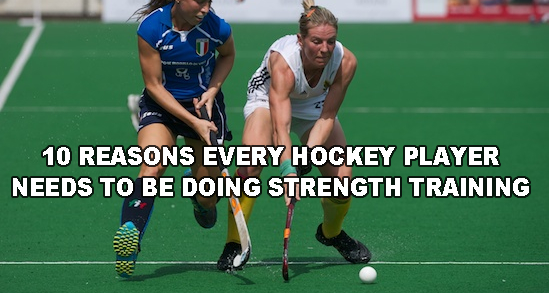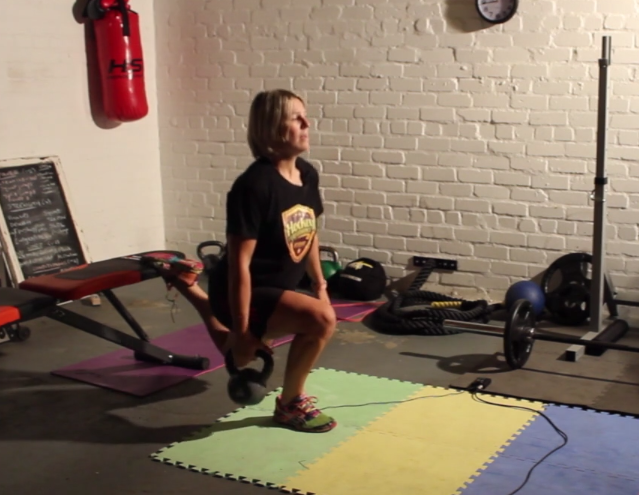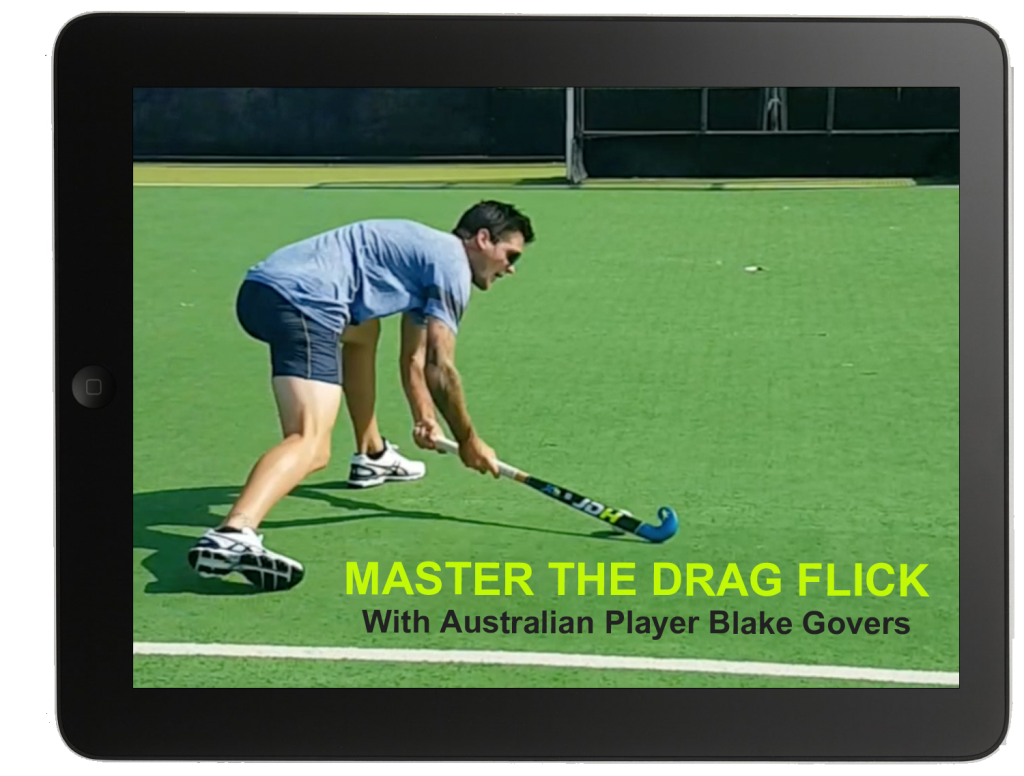If you are field hockey player and want to be a step ahead, have been struggling with your hockey fitness, speed or you keep getting little injury niggles then you need to read this entire article.
The improvement in performance in field hockey has drastically sky rocketed in the last few years thanks to strength training. There is now also more awareness of the level required (or that’s possible) thanks to an increase in coverage for various field hockey competitions and events like the Olympics, Hockey World Cup, Commonwealth Games, Hockey India League, European Comp, etc.
Seeing top level players moving around the pitch with speed, power and agility has resulted in more players starting to take their personal performance more seriously.
This means that playing environments have become more competitive and the standards are higher than before for those players wanting an edge in their game.
Strength training is crucial at international level but is so often ignored by many players which may be because they don’t understand the benefits of how it can help their game.
“Leaving strength training out means that you are ignoring a wide range of potential”
Below I explain why I believe that every single field hockey player, regardless of their level should be following a properly planned out and structured field hockey strength training program which is designed to combat the demands of the sport.
10 Reasons Every Hockey Player Needs Strength Training:
1. Strength is the foundation of athleticism
If you want to be an athletic player that is fast and powerful then you must strength train to maximise your athletic potential, even if you are already fast. You need to have good relative body strength to be fast, that means strength in relation to your bodyweight. Studies have shown that sport’s people with high relative body strength will posses the ability to run faster than weaker players.
2. Increases confidence
Most players could do with more confidence and the mind is connected to the body. Strength training takes a bit of determination, perseverance and hard work which are key qualities which also translate to other area’s of life. With improved strength, you will gain a new confidence to perform well in your sport and in other area’s of your life too.
3. Improves performance
If hockey players develop greater strength they will have a better chance of outmuscling the opponent for possession of the ball and are less likely to be knocked off the ball. The stronger your muscles are the more forceful your muscle contractions will be which means the faster you will run, the harder you will hit, the more explosive your leads, the more powerful your drag-flick will be, etc.
4. Injury Prevention
A common mis-conception is that strength training will leave you muscle bound and cause injuries. But in fact, hockey players that follow a structured strength training program tend to get fewer injuries, (unless they are using bad technique or following bad training programs). Strength training will help you to get rid of nagging injuries and help to prevent future injuries.
5. Faster recovery
If hockey players that strength train do get injured, it tends not to be as serious and they tend to heal much faster than those that don’t follow a structured strength training program. This is also because strength training gets your body used to stress placed on your muscles (a bit like having a flu jab to prevent getting the flu in winter).
6. Works the energy systems relative to hockey
Find yourself struggling with your hockey fitness? Field hockey predominantly uses the two anaerobic energy systems which require short bursts of intensive efforts; think of hitting, intercepting, counter-attacking, diving, dragflicking, etc.
Effective strength training develops these two anaerobic systems, without excessive impact on your joints, so that you don’t get fatigued after these intensive efforts. Training the anaerobic systems is actually proven to also develop dramatic improvement in the aerobic system, so it is a winner all round.
7. Strengthens your core
Compound strength training exercises will significantly improve your core strength. Having better core strength will help you to avoid back pain and make you faster and more powerful on the field. The core is the powerhouse of the body, particularly in sport and includes the muscles around your mid-section, including hips (not just your abs).
8. Better body composition
Strength training combined with proper nutrition and recovery can aid in fat loss and building lean or “toned” muscle. With better body composition you are much more likely to remain healthy and compete in sport with more ease.
Basically, the more fat you have on your body, the harder it is to carry it around with you compared to lean muscle which makes things feel effortless.
9. Better hormone balance
If your energy levels fluctuate then the good news is that strength training improves hormone balances, particularly in this case insulin sensitivity. Insulin is responsible for your energy levels along with the speed of recovery, by replenishing the glycogen stores after training or games. We all want a fast metabolism, better energy levels and to recover quickly so the best way to do that is to eat well and do strength training.
10. It’s fun, challenging and makes you feel good
If you enjoy hockey, you probably have a bit of a competitive streak and you are someone who enjoys a challenge. Those who do strength training are likely to agree that it is actually really enjoyable especially once you know what you are doing.
You will always finish feeling good about yourself and a sense of accomplishment, especially when you notice progress and improvements, not only in the gym/home but also on the hockey field.
If you are already strength training… make sure you are following a program, not just random workouts. Don’t keep doing the same workout for months, you need to plan your progress, change your program every 4-6 weeks and focus on the right variables at the right time of the season. You need to build upon each phase, program design is a science and what you need is not necessarily the same as someone else.
If you are looking for that extra bit of fitness, strength, speed or power then a proper structured strength and conditioning training program may just be the missing piece of your training puzzle to success.















